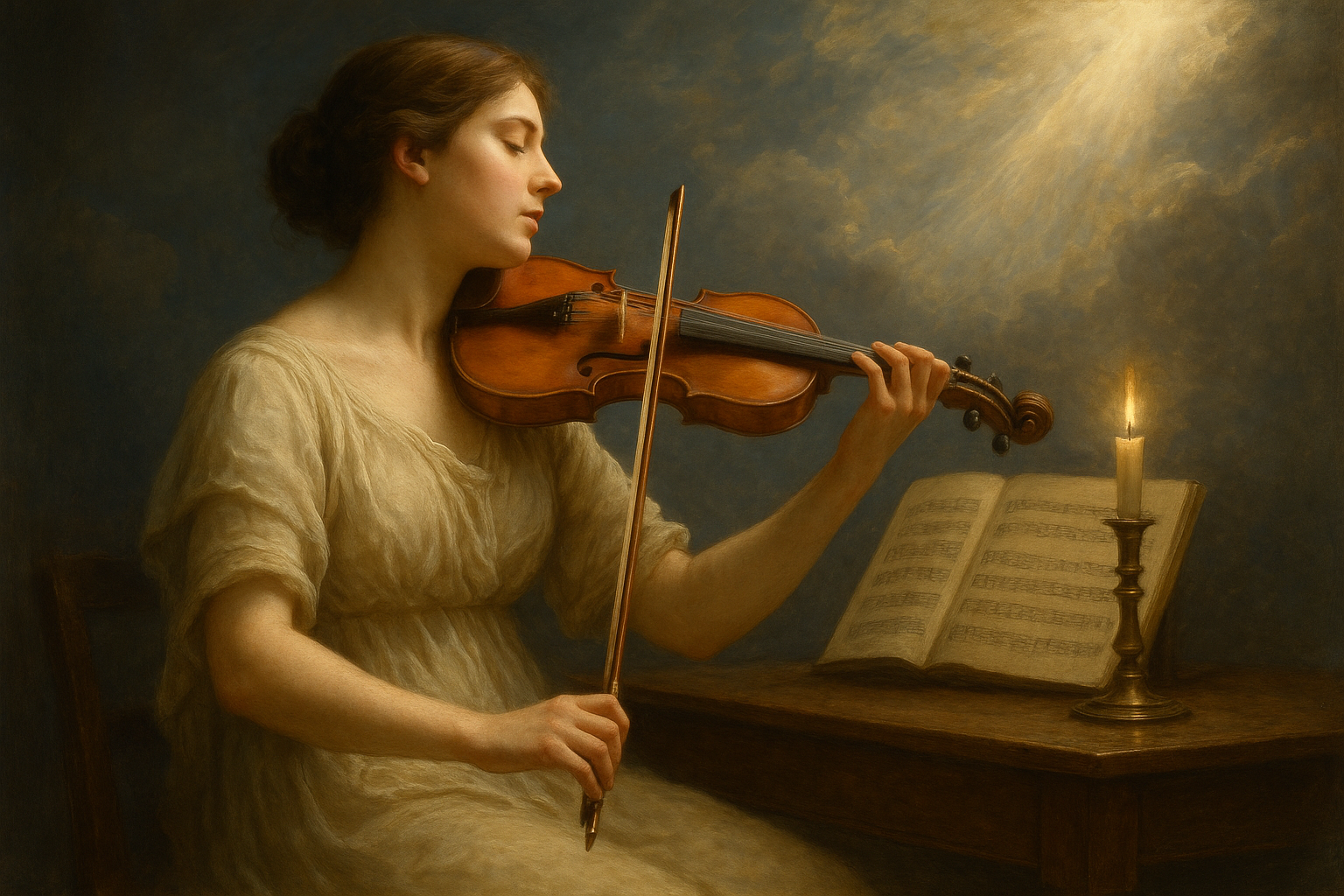Classical music has long been seen as a conduit to the divine, a way to explore the ethereal and the spiritual through auditory experience. For centuries, composers have sought to capture the essence of heaven in their works, using melody, harmony, and rhythm to evoke the ineffable.
The Majesty of Sacred Works
- Johann Sebastian Bach: Often referred to as the “Fifth Evangelist” for the way his compositions glorify God, Bach’s works, such as the Mass in B Minor and the St. Matthew Passion, remain powerful spiritual experiences for listeners.
- Wolfgang Amadeus Mozart: His Requiem Mass in D minor is revered not only for its sublime beauty but also for its profound exploration of life after death. As Encyclopedia Britannica notes, “it is a work that bridges the human and the divine.”
- Ludwig van Beethoven: In his ninth symphony, particularly the final movement “Ode to Joy,” Beethoven encapsulates universal brotherhood and divine joy, transcending the earthly through orchestral and choral grandeur.
The Influence of Religious Texts
Many classical pieces draw inspiration from religious texts. The Bible, in particular, has been a rich source. These texts provide a narrative backdrop against which composers can illustrate their spiritual imaginations.
“Music is the mediator between the spiritual and the sensual life.” — Ludwig van Beethoven
With this perspective, classical music becomes not just an artistic endeavor, but a spiritual journey—an exploration of existential questions and a representation of the sublime.
Modern Interpretations
Contemporary composers continue this tradition, infusing modern techniques with ancient themes. Works by composers like Arvo Pärt, with pieces such as Spiegel im Spiegel and Tabula Rasa, bring a minimalist yet profoundly spiritual dimension to contemporary classical music.
John Tavener’s The Protecting Veil, as noted by The Guardian, is seen as a “mystical exploration of divine love.”
Concluding Thoughts
While words may fail to fully articulate spiritual experiences, the sounds of classical music—rich in emotion and intent—bridge the gap between the earthly and the divine. In the concert hall, as much as in a cathedral, music provides a sanctuary, inviting both performer and listener to contemplate the mysteries of existence and the harmony of heaven.
